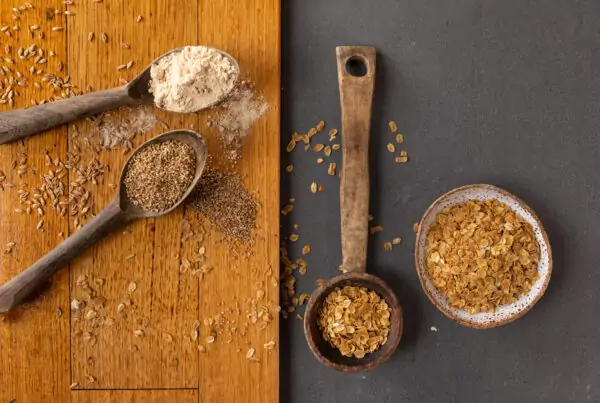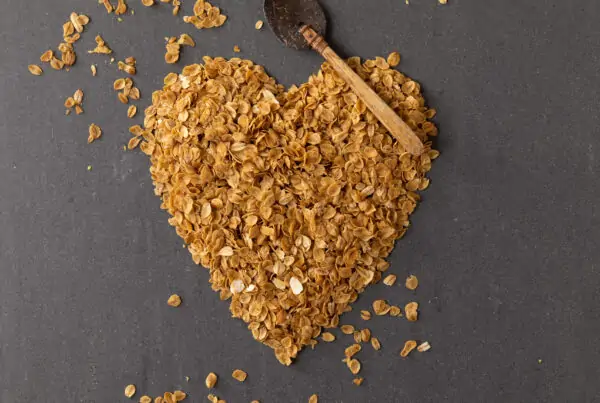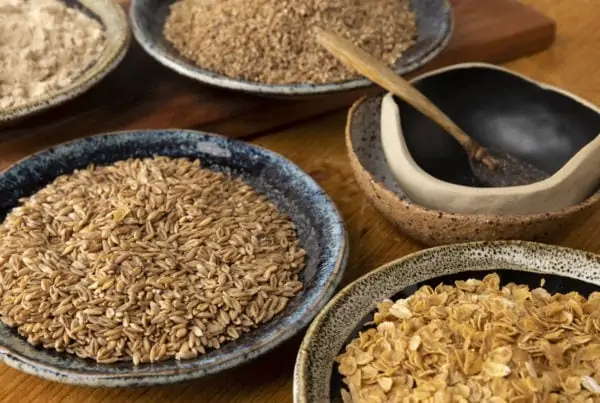Resilience. It’s a popular conversational term heard frequently at school seminars, backyard bbq’s, psychologists rooms and of course TED talks. But the interest in achieving the elusive status of resilience is usually confounded to the psychological and emotional definitions of resilience, rather than the physical. Yet physical resilience is just as essential, especially when it comes to fighting off illness and disease.
Resilience, both physical and emotional, (with the two being very closely intertwined), is the process that allows individuals to adapt to adverse conditions and recover from them. Physical resilience specifically, is the ability to recover or optimize function in the face of a disease or the amount of stress that an eco-system (e.g. the gut microbiome) can tolerate before its homeostatic state shifts towards a new equilibrium that potentially has different functions.1,2 Research has shown that individuals who display high levels of resilience are somewhat protected against the deleterious influence of physical and emotional stress on immunity. The reverse is also true as there is evidence that immune processes influence resilience.
Immunity has both an innate first line of defence component as well as an adaptive immune response component, with the latter allowing a memory response for subsequent invasions by the same pathogen. A typical example of this is a child who is infected with chicken pox and then becomes resilient to the disease later in adult life.
Over the past decade there has been a lot of research in the role of the gut-brain axis in regulating immune responses. The bi-directional influence of the gut and the brain appears to have the immune system as the critical link, and despite our current limited understanding of this ‘second brain’ (aka the gut microbiome) and the role it plays in immunity, there is no doubt that the influence is significant. There is a close interplay between resilience (physical and emotional) and immunity, and stress-induced variations in the gut microbiome may modulate resilience outcomes.
The degree of gut resilience can determine whether a particular perturbation or infection will permanently shift its stable state or whether it will return to its initial homeostatic state following a disturbance. This has obvious implications for human health. For example, when travelling to a country that has a different level of hygiene or diet, having a healthy microbiome that has high resilience to exogenous challenges might mean protection from food poisoning and infection. Furthermore, when an individual becomes sick with a gastrointestinal infection, resilience also suggests a quick recovery of the microbiome and a fast restoration of normal gut functionality 3-7.
Gut resilience also has a dark side. The acquisition of an unhealthy and dysbiotic microbiome that has a high resilience potential may contribute to the chronicity of human microbiota-associated diseases, such as IBD, obesity and metabolic syndrome.
After vaccination, nutrition is considered to be one of the main influencers that modulate immune function7, and researchers are exploring to what extent microbiome-targeted nutritional interventions could be used for modulating immune resilience. The food, nutrition and ‘wellness’ industry has taken the emerging research and created a whole new category of products using pre and probiotics to improve gut resilience.
Clinical research has definitely highlighted the potential for pre and probiotics to have a role in regulating the immune response via the gut microbiota, and in turn influence the immune system. However, we still need large placebo-controlled clinical trials before we can unequivocally advocate for the use of diet, as the definitive link between microbiome resistance and immunity is yet to be determined in a clinical setting.
Teri Lichtenstein APD
References:
- Lozupone, C. A., Stombaugh, J. I., Gordon, J. I., Jansson, J. K. & Knight, R. Diversity, stability and resilience of the human gut microbiota. Nature 489, 220–230 (2012)
- Gunderson, L. H. Ecological resilience — in theory and application. Annu. Rev. Ecol. Syst. 31, 425–439 (2000)
- Schreiber, S., Rosenstiel, P., Albrecht, M., Hampe, J. & Krawczak, M. Genetics of Crohn disease, an archetypal inflammatory barrier disease. Nat. Rev. Genet. 6, 376–388 (2005)
- Hsiao, A. et al. Members of the human gut microbiota involved in recovery from Vibrio cholerae infection. Nature 515, 423–426 (2014)
- Schwab, C. et al. Longitudinal study of murine microbiota activity and interactions with the host during acute inflammation and recovery. ISME J. 8, 1101–1114 (2014)
- Albers, R., Bourdet-Sicard, R., Braun, D., Calder, P., Herz, U., Lambert, C., Sack, U. (2013). Monitoring immune modulation by nutrition in the general population: Identifying and substantiating effects on human health. British Journal of Nutrition,110(S2), S1-S30. doi:10.1017/S0007114513001505
Intended as general advice only. Consult your health care professional to discuss any specific concerns.









3 Comments